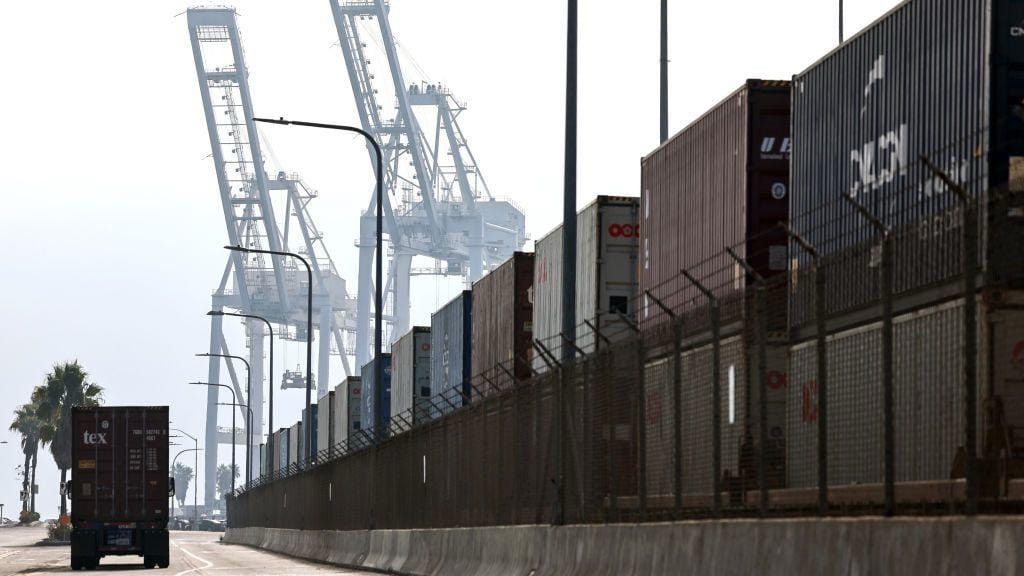China challenges Trump tariffs, calls them ‘Discriminatory’
China has launched a formal complaint with the World Trade Organization (WTO), accusing the United States of making “unfounded and false allegations” about its role in the fentanyl trade to justify a new round of tariffs on Chinese products.

China has launched a formal complaint with the World Trade Organization (WTO), accusing the United States of making “unfounded and false allegations” about its role in the fentanyl trade to justify a new round of tariffs on Chinese products. The challenge comes just one day after President Donald Trump raised border taxes on Chinese imports by 10%, a move he said was aimed at curbing the influx of illegal drugs.
In its WTO filing, Beijing condemned the tariffs as “discriminatory and protectionist,” arguing that they violate global trade rules. The move signals China’s readiness for a prolonged trade fight, especially as Trump has threatened to expand tariffs beyond China to include Canada, Mexico, and Europe. His strategy, which he claims will boost U.S. manufacturing and address the nation’s growing trade deficit, has instead fueled global economic uncertainty.

The latest tariffs are already sending shockwaves through businesses. Canadian tights manufacturer Sheertex announced it was temporarily laying off 40% of its workforce due to uncertainty over trade policies. U.S. imports hit a record high in December, surging 4% from the previous month to $293.1 billion as companies rushed to secure goods before potential new restrictions. This increase contributed to the largest U.S. trade deficit in nearly two years.
China has wasted no time retaliating. In addition to counter-tariffs on U.S. goods, Beijing has reportedly launched an anti-monopoly probe into Google, with Bloomberg reporting that Apple could soon face similar scrutiny over its App Store policies. The rapid response underscores China’s preparedness for economic confrontation, as it seeks to counter Trump’s aggressive trade measures.
Despite China’s WTO complaint, experts say Beijing is unlikely to secure a favorable ruling. The WTO’s appellate body, which settles trade disputes, remains paralyzed due to the U.S. blocking the appointment of new judges. “It may be a strong case, the way the WTO dispute settlement system used to work, but it has no possibility of succeeding here ultimately,” said Tom Graham, former chair of the WTO appellate body. Jeff Moon, a former U.S. trade representative for China affairs, echoed that sentiment, noting that while China may win an initial ruling, the lack of a functioning appeals process means “a final decision will never be issued.”
Trump’s broader tariff strategy includes ending duty-free treatment for parcels under $800, a move that will hit Chinese e-commerce giants like Shein and Temu. “This will be a major shock to some firms as it erodes their ability to offer ultra-low prices,” said Mark Williams, chief China economist at Capital Economics. However, he believes the overall impact on China’s economy will be manageable.
Under WTO procedures, the U.S. and China have 60 days to negotiate a resolution before China can request a formal ruling. But given the dysfunction of the WTO’s dispute settlement system, any decision—if it comes at all—will likely take years. In the meantime, China continues to maintain that the real threat to global trade rules comes not from Beijing, but from Washington.














